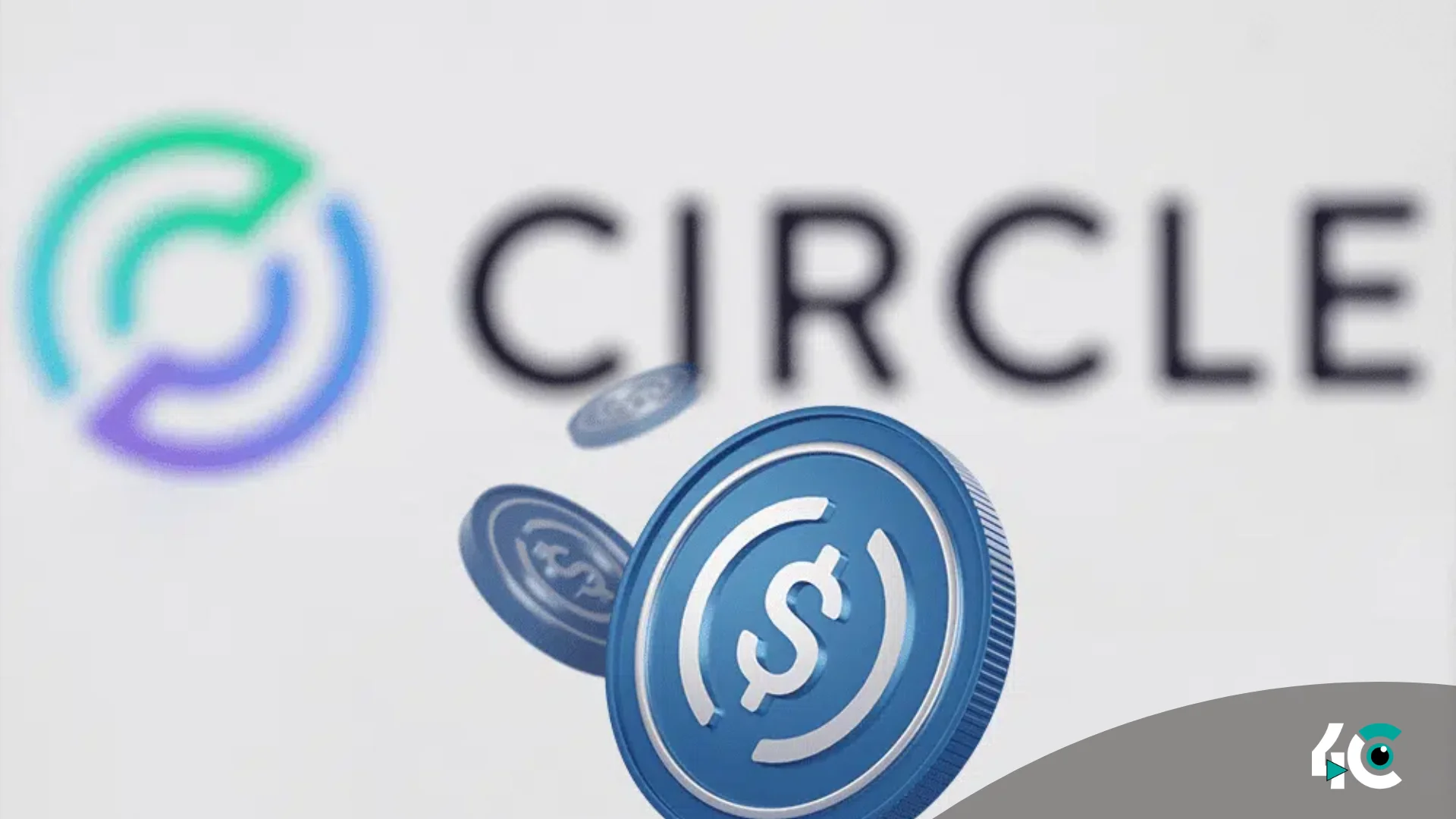Circle, the company that makes the US Dollar Coin (USDC), has recently added Arbitrum, a well-known Ethereum Layer-2 scaling option, to its Web3 services. This merger, which was announced on September 12, is part of Circle’s plan to make USDC more useful and help them compete better in the stablecoin market.
Arbitrum now works with Circle’s Web3 tools, which include customizable wallets, smart contract tools, and gas-fee abstraction. Arbitrum is known for being able to handle large amounts of transactions and having low fees. The goal of this combination is to make it easier to make decentralized apps (dApps) on Arbitrum. This will make it easier to make payments, do business online, and play games around the world.
Circle’s Chief Product Officer, Nikhil Chandhok, stressed that this update will let developers make smooth in-app wallets that support USDC, which will further encourage its use in many digital areas. The Web3 technology from Circle already works with a number of important blockchain networks, including Avalanche, Ethereum, Polygon, and Solana.
The merger is a smart move to improve USDC’s market place, since Tether’s USDT is a strong competitor and has a large market lead. The market value of USDC is about $35 billion right now, which is less than USDT’s $118 billion. Also, PayPal’s new stablecoin, PYUSD, has added more competition. By August 2023, it will have a market value of over $1 billion.
Circle’s earlier work in 2023 included adding USDC to their cross-chain transfer protocol and making it available directly on Arbitrum. This allowed free USDC linking across different blockchains. This new addition should strengthen USDC’s position in Arbitrum’s growing DeFi environment, since it is already widely used in decentralized exchanges, loan protocols, and other financial apps.
With its role as a big player in the Layer-2 area and its work to tokenize real-world assets, Arbitrum is an important partner for Circle. As Arbitrum continues to get a lot of attention and funding, Circle’s better integration is likely to have an even bigger effect on the world of decentralized finance.


































